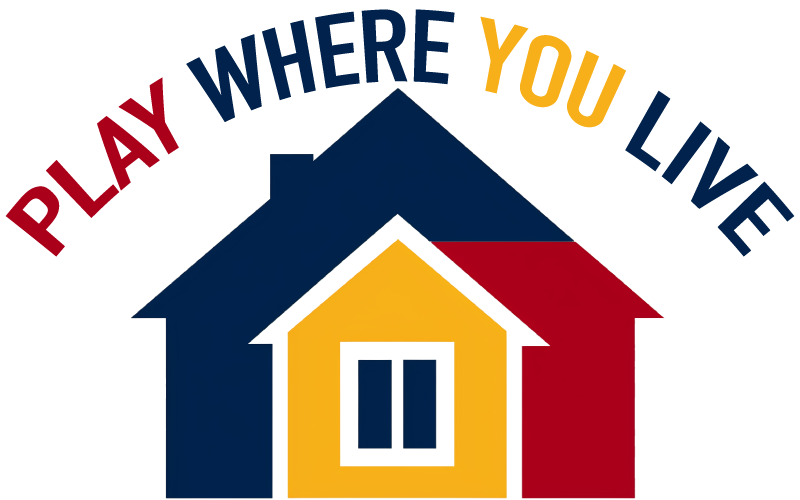Gentrification is when a neighborhood or area experiences an influx of wealthier residents, businesses, and amenities. While it may bring about some positive changes, such as improved infrastructure and services, gentrification can also significantly impact real estate values and neighborhood dynamics.
Rise in property values
One of the most notable effects of gentrification is the rise in property values. As affluent residents move into an area, demand for housing increases, leading to a rise in property prices. This can make it difficult for long-time residents who may not have the financial means to keep up with rising costs and may be forced to move out of their homes. On the other hand, property owners in gentrifying neighborhoods can benefit from increased property values, as their homes may appreciate in value and become more attractive to potential buyers.
Change in neighborhood dynamics
However, gentrification also has a significant impact on neighborhood dynamics. As wealthier residents move in, they may bring different lifestyles, cultural preferences, and expectations. This can lead to a shift in the neighborhood’s character and displacement of longtime residents and businesses, changing the community’s social fabric.
Change in demographics
Another significant impact of gentrification is the changing demographics of the area. As property values increase, it may become unaffordable for lower-income families and individuals to live in the neighborhood. This can decrease socioeconomic diversity and potentially exacerbate issues such as income inequality and segregation.
Things to consider
While some argue that gentrification can bring about positive changes, such as increased economic development and improved infrastructure, others point out that gentrification often disproportionately benefits wealthier residents while disadvantaging lower-income communities. Additionally, gentrification can contribute to the loss of historic buildings and cultural landmarks, erasing a neighborhood’s unique character and history.
It is important for policymakers and community members to consider the impact of gentrification on real estate values and neighborhood dynamics. Strategies such as affordable housing initiatives, rent control, and community land trusts can help mitigate gentrification’s negative effects and promote more equitable development.
In terms of real estate investment, it is crucial for buyers and investors to be aware of the impact of gentrification on property values. While investing in gentrifying neighborhoods can potentially yield high returns, it is important to consider the potential social and ethical implications of such investments. Investors should also be aware of the risks of displacement and changing neighborhood dynamics and should work to engage with the local community and support inclusive development practices.
Conclusion
Ultimately, the impact of gentrification on real estate values and neighborhood dynamics is complex and multifaceted. While it can bring about some positive changes, it can also have negative consequences, particularly for lower-income communities. It is important for policymakers, investors, and community members to work together to promote equitable development and ensure that all residents of a neighborhood share the benefits of gentrification.

